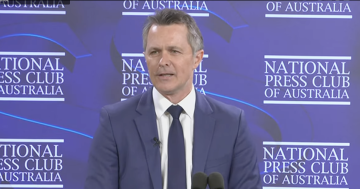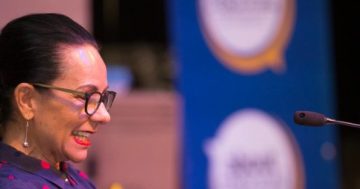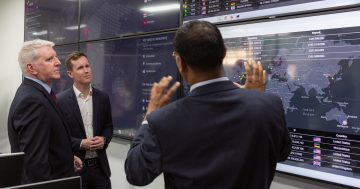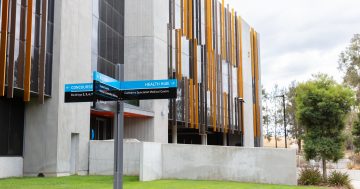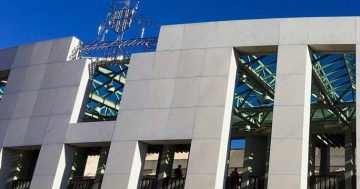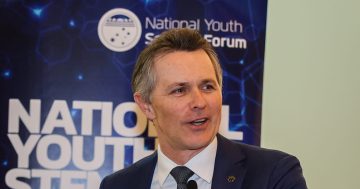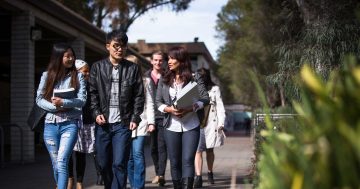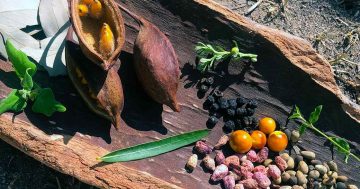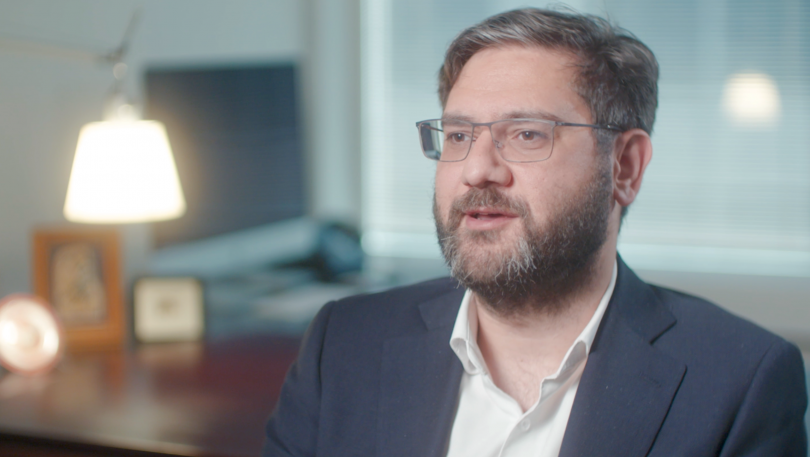
Tim Goodwin studied at ANU before becoming a barrister in Melbourne. Photo: Supplied.
The winding path from Yuin Country on the NSW South Coast to Ngunnawal Country at high school and university in Canberra today sees Indigenous lawyer Tim Goodwin forging a career as a barrister in Melbourne.
Mr Goodwin is at the heart of a new campaign to inspire more Indigenous Australians into higher education.
His message to students considering university study is simple: “Believe in yourself. Apply. Go for it!”
“Then trust in the environment that university will be for you to figure out your true path,” said Mr Goodwin, who grew up mostly in Canberra where he graduated high school before attending ANU for a Bachelor of Arts and a Bachelor of Law.
“You’re typically the first in your family to go and that’s a real burden on your shoulders,” he says.
“You’re not only carrying the pressure that you yourself put on you but you’re carrying that pressure from your family and your community to succeed.
“My two Aboriginal grandparents didn’t go past the age of 12 at school. Both my parents left school at 14 and so I grew up in an environment where education was really important.”
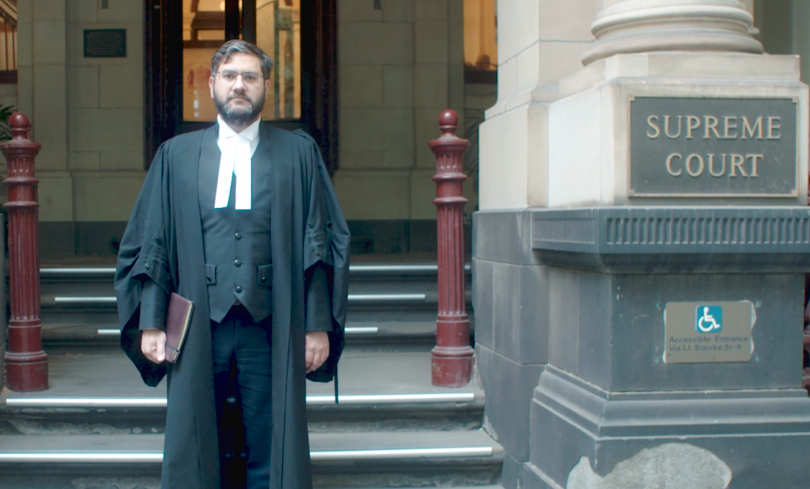
Indigenous barrister Tim Goodwin outside the Supreme Court in Melbourne. Photo: Supplied.
To coincide with NAIDOC Week, Universities Australia has partnered with the National Aboriginal and Torres Strait Islander Higher Education Consortium (NATSIHEC) in the new campaign Indigenous OpportUNIty.
The campaign features a series of short social media videos and a website for potential students on university pathways.
NATSIHEC president Dr Leanne Holt said with the longest living culture in the world, Indigenous Australians have always had professions such as doctors, teachers, scientists, engineers, and law enforcers.
“These stories hope to inspire other Aboriginal and Torres Strait Islanders to show that a university pathway is accessible and achievable to fulfil personal and professional aspirations,” Dr Holt said.
Universities Australia chief executive Catriona Jackson said sustained Indigenous recruitment strategies across Australian universities means there are more Indigenous students than ever.
“Nearly 20,000 Aboriginal and Torres Strait Islanders are now studying at university – a doubling over the past decade. But universities know more needs to be done,” Ms Jackson said.
“Barriers remain and it’s not always easy to see a pathway to uni – particularly for those who are the first in their family to consider higher education. That’s why this campaign is designed to both inspire and inform potential Indigenous students.”
More than half of Indigenous university graduates (59 per cent) earn $1000 a week or more, compared to only 15 per cent of Indigenous year 12 graduates.
Indigenous undergraduates also earn more and are more likely to be employed than non-Indigenous undergraduates immediately upon graduation. Nearly 80 per cent of Indigenous students say they are happy with the quality of their university education.
Indigenous student enrolments have more than doubled since 2008 from 9,529 students to 21,097 students in 2019 (an increase of more than 120 per cent).
Despite this significant growth, Indigenous student enrolments only represent 1.9 per cent of all domestic enrolments, despite being 3.1 per cent of the Australian population, and only one-in-ten (10.2 per cent) Indigenous 24-year-olds have a degree or are working towards one – four times less than non-Indigenous 24-year olds.

Indigenous student enrolments in Australia in 2019. Image: Supplied.
Mr Goodwin said the campaign to attract more Indigenous students to universities is vital to understanding more about the culture.
“There is so much potential in unlocking the power of Indigenous knowledge. The opportunities that come from attending university are both personal and professional,” he said.
The campaign website features videos, information on applying to university and links to all 39 university websites.
More on Indigenous participation, success and employment in universities, including Universities Australia’s sector-wide strategy, can be found on the Universities Australia website.












